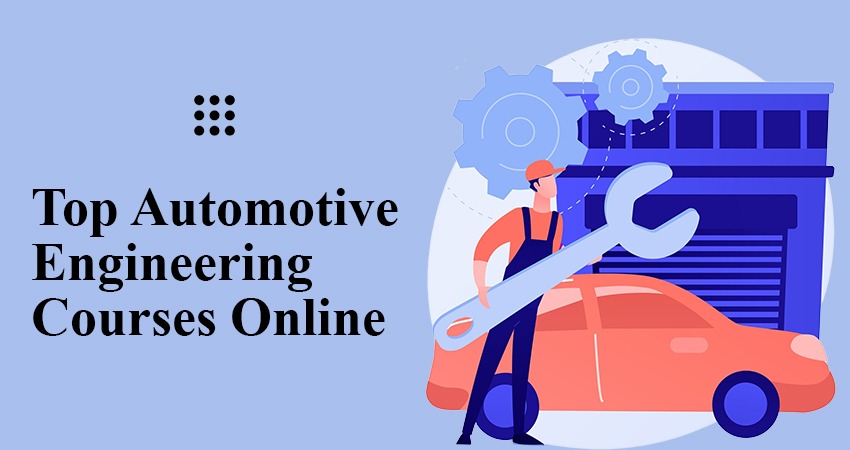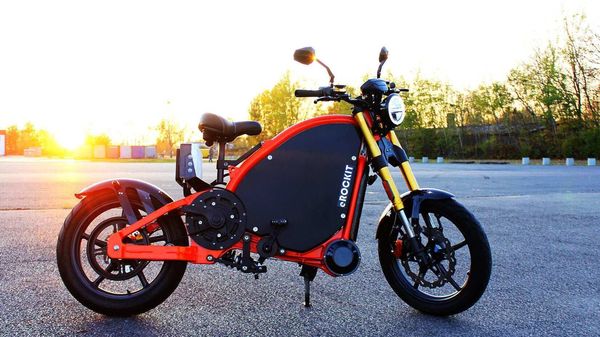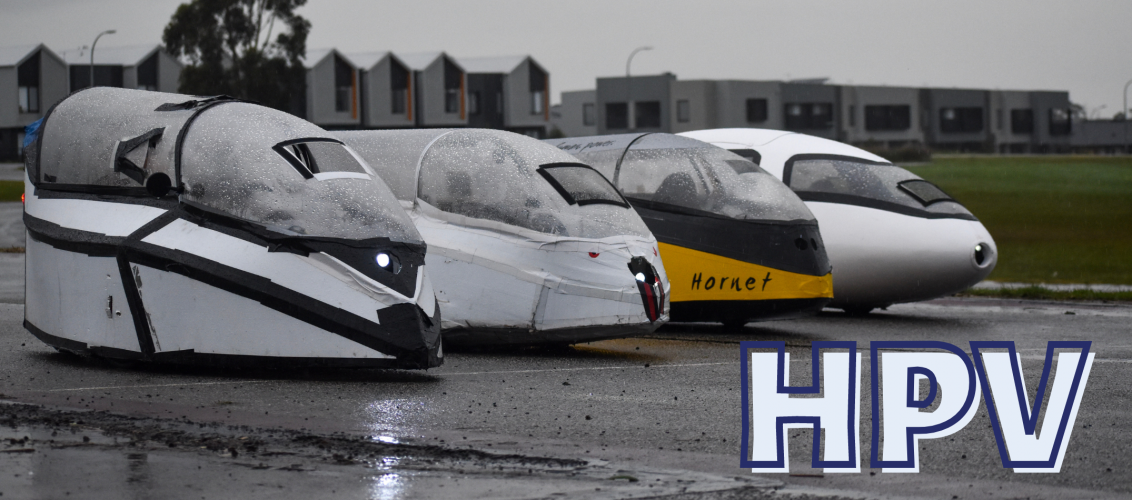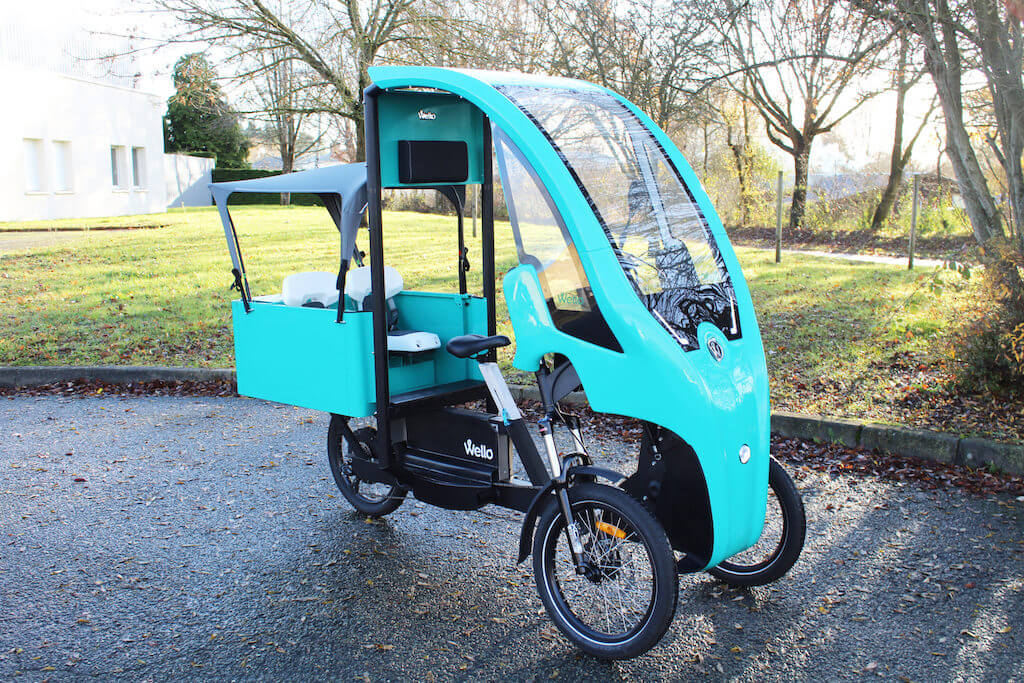User Ideas / Prospects
Executive Summary:
The Automotive Engineering job market in India in 2025 is experiencing steady growth, significantly boosted by the ongoing transition to Electric Vehicles (EVs) and continuous technological advancements. Key industries actively hiring automotive engineers include automobile manufacturers, EV companies, research and development centers, and automotive component suppliers. Emerging technologies such as electric and hybrid powertrains, autonomous driving systems, connected vehicles, the use of advanced materials, and the integration of AI in vehicle systems are transforming the field. Specific skills in high demand encompass EV technology, battery management, motor design, autonomous vehicle systems, software development for vehicles, data analytics, and cybersecurity within automotive systems. Salary ranges vary with experience, with entry-level positions offering ₹2-10 LPA, mid-level roles ranging from ₹4-22 LPA, and experienced engineers potentially earning ₹6-64 LPA. The outlook for automotive engineering in India is very positive, driven by the strong push towards sustainable and autonomous mobility.
Introduction to Automotive Engineering in India:
Automotive Engineering is a specialized branch of mechanical engineering that focuses on the design, development, manufacturing, and testing of vehicles and their components. This field plays a critical role in the evolution of the transportation industry, addressing aspects like performance, safety, efficiency, and sustainability.
Detailed Analysis of the Automotive Engineering Job Market in India:
Current Demand and Projected Growth Rate:
The demand for automotive engineers in India in 2025 is robust and is expected to grow steadily, fueled by the increasing production of vehicles, the rapid adoption of EVs, and the integration of advanced technologies in automobiles.
Key Industries Actively Hiring:
Key industries actively recruiting automotive engineers include major automobile manufacturers (both domestic and international), companies specializing in the development and production of electric vehicles, research and development centers focused on automotive technologies, and suppliers of automotive components and systems.
Impact of Emerging Technologies:
Emerging technologies are fundamentally transforming automotive engineering. The most significant shift is towards electric and hybrid vehicles, requiring engineers with expertise in battery technology, electric powertrains, and charging infrastructure.
The development of autonomous driving systems is creating demand for engineers skilled in AI, robotics, and sensor technologies. Connected vehicles, with their increasing integration of software and connectivity features, require expertise in software development, data analytics, and cybersecurity. The use of advanced lightweight materials and the application of AI in vehicle systems are also growing trends.
Specific Skills and Specializations in High Demand:
Specific skills in high demand for automotive engineers include expertise in EV technology and battery management systems, knowledge of electric motor design and integration, skills in developing autonomous vehicle systems, proficiency in software development and data analytics relevant to vehicles, and a strong understanding of cybersecurity principles for connected cars.
Typical Salary Ranges:
Entry-level automotive engineers in India (0-2 years of experience) can expect an annual salary ranging from ₹2 lakh to ₹10 lakh. Mid-level professionals with 3-5 years of experience may see their annual earnings range from ₹4 lakh to ₹22 lakh.Experienced automotive engineers (6+ years) can command salaries ranging from ₹6 lakh to ₹64 lakh or even higher, depending on their specific skills, specialization, and the company they work for.
Impact of Technology on the Automotive Engineering Job Market:
Technology is not just impacting but completely transforming the automotive engineering job market in India. The shift towards electrification and autonomous driving is creating a demand for entirely new areas of expertise, making traditional skills related solely to internal combustion engines less relevant unless adapted to the new technological landscape.
Required Skills for Automotive Engineers in India:
Besides a strong foundation in mechanical engineering principles, automotive engineers in India need skills in areas such as electric vehicle technology, autonomous systems, vehicle electronics, software development, data analytics, and cybersecurity. Adaptability and a willingness to learn new technologies are also crucial for staying competitive in this rapidly evolving industry.
Salary Ranges for Automotive Engineers in India:
| Experience Level | Typical Salary Range (₹ per annum) |
| Entry-Level (0-2 years) | 2,00,000 - 10,00,000 |
| Mid-Level (3-5 years) | 4,00,000 - 22,00,000 |
| Experienced (6+ years) | 6,00,000 - 64,00,000 |
Declining Job Roles in Automotive Engineering:
Job roles focused solely on traditional internal combustion engine technology without adaptation to the skills required for electric vehicles and other emerging automotive technologies may face declining demand.
Conclusion and Outlook:
The automotive engineering job market in India has a very bright future, primarily driven by the strong global and national push towards sustainable and autonomous mobility. Engineers who specialize in areas like EV technology, autonomous driving, and connected vehicles will find ample opportunities for growth and career advancement in the coming years.

The world of automotive engineering is changing so rapidly today. Today's industry is going from electric vehicles to driverless cars, all designed in previously unseen ways. As a result, the engineer is always the one running out in front. To keep ahead of the pack, you must constantly learn.
Online courses are a perfect way of doing that. Take a course from wherever and whenever you want, upgrading your technical and professional competence. Which automotive engineering courseis right for you? With so many choices available, picking the right one can be arduous.
Why Choose Online Automotive Engineering Courses?
Online learning offers flexibility, affordability and access to international expertise. Whether you are a student, a seasoned professional, or simply an enthusiast, these courses can help you:
- Master the newest automotive technology.
- Study with industry leaders.
- Obtain practical experience through hands-on projects.
- Advance your career with certification from top institutions.
Now let's look at the best courses on offer.
- Vehicle Dynamics by SAE International
Platform: SAE International
Self-paced
Key Topics: Suspension, steering, ride comfort, handling
This course is essential for anyone who wants to understand how cars move. It covers everything from fundamental physics to advanced dynamics. Included are topics on the effect suspension and steering have on performance. The course is beneficial to professionals wishing to enhance their technical skills.
- Electric Vehicle Fundamentals by Coursera
Platform: Coursera (Offered by Delft University of Technology)
Duration: 6 weeks
Key Topics: Battery technology, electric motors, energy management
Given the impending arrival of electric cars (EVs), this course provides fundamental knowledge. It describes how EVs work, how energy is stored in batteries and the paradigm by which motors mainly convert power into motion. This course is an excellent starting point if you want to enter the EV industry.
- Automotive Embedded Systems by Udemy
Platform: Udemy
Duration: 8 hours
Key Topics: Embedded C programming; automotive controllers; CAN protocol
Modern cars are heavily dependent on embedded systems. This course shows you how software affects vehicle functions. Today, just by paying attention in class, you will learn about sensors, microcontrollers and communication protocols like CAN. For those who want to get a foot in the door of automotive software design shortly, this is indeed an excellent course
- Internal Combustion Engines by MIT OpenCourseWare
Platform: MIT OpenCourseWare
Duration: Self-paced
Key Topics: Engine thermodynamics, fuel combustion, emissions
Combustion is the birthplace of the engine. This free course offered by MIT will allow us to analyze internal combustion engines (ICE). It tells us how fuel burns, how heat changes into power and how emissions are controlled. If you want a solid grounding in traditional engine technology, this course is priceless
- Autonomous Vehicle Engineering by edX
Platform: edX (Offered by Columbia University)
Duration: 12 weeks
Key Topics: AI in self-driving cars, sensor technology, path planning
Self-driving cars are the way of the future, and this course covers a great deal about them. This course is valuable if you are interested in artificial intelligence (AI) and want to go deep into sensors that allow vehicles to drive autonomously.
- Automotive Design and Manufacturing by Alison
Platform: Alison
Duration: 5-6 hours
Key Topics: Car design, manufacturing processes, material selection
This free course explains how cars are designed and manufactured. It covers the whole manufacturing process, from a design sketch to building the final product. Whether or not you are interested in automobile design, this course will offer you a good foundation.
How to Choose the Right Course?
The proper course depends on what your goals are. Ask yourself:
- Do I want to learn about traditional engines or electric vehicles?
- Am I interested in software, design, or manufacturing?
- Do I need a certificate of some kind for my career?
If you are not sure, Engineer Heaven can help you. Our platform provides guidance and recommended resources for all levels of engineers, from pros to newbies.
The final word
The automotive industry is changing rapidly, and to stay up to date is not a choice but a necessity. In online courses, you can learn what is needed, whether your ambitions lie with electric cars, self-driving technology or traditional.Visit Engineer's Heaven today to findthe best resources and advice in automotive engineering career management. Start learning. Stay ahead. Drive the future.
(Disclaimer: This statistics could be different in different part of World and Different timeline. this statistics has been generated based on data available till 2025 or relavant time span.)

future prospects of human-powered vehicles, particularly focusing on new materials and designs, electric-assist technology, urban infrastructure improvements, and the environmental and economic impact of these developments. I'll also highlight some promising concepts currently in testing and development.
1. Electric-Assist Technology and Hybrid HPVs- Pedal-Assist Systems: These systems integrate a small electric motor that activates as the rider pedals, providing a boost. This approach allows for longer commutes and easier uphill rides, making human-powered transport more feasible in hilly cities and for less physically intensive travel.
- Hybrid Velomobiles: Hybrid velomobiles combine the aerodynamic efficiency of enclosed human-powered vehicles with electric-assist features. Designed to reach higher speeds with less exertion, they are especially practical for all-weather, year-round commuting.
- Battery Advancements: Lightweight, longer-lasting batteries are essential to making these hybrid systems viable. Developments in lithium-ion and, more recently, solid-state batteries could enhance the range and lifespan of electric-assist HPVs.

- Lightweight and Durable Materials: Modern materials like carbon fiber, Kevlar, and titanium make HPVs lighter, faster, and more robust. Carbon fiber is especially popular for high-end bicycles and velomobiles due to its high strength-to-weight ratio, though the cost remains a barrier for some applications.
- Streamlined Designs: Aerodynamic innovation has allowed for the creation of streamlined shapes that reduce air resistance, significantly increasing potential speeds. This is especially beneficial for velomobiles and recumbent bikes used in racing and endurance events.
- Sustainable Materials: Some designers are experimenting with sustainable materials, such as bamboo, for frames and components. Bamboo bikes are not only strong and lightweight but also eco-friendly and affordable, with a lower production impact than metal frames.
- Dedicated HPV Lanes: Many cities are building dedicated bike lanes or multi-use paths to accommodate HPVs. These lanes separate human-powered vehicles from motorized traffic, increasing safety and encouraging more residents to use HPVs.
- Bike-Share Programs: Bike-sharing systems, such as Citi Bike in New York or Vélib' in Paris, are expanding their offerings to include electric-assist bikes and cargo bikes. This makes HPVs accessible to more people and provides affordable options for short-distance trips.
- Policy Support: Cities and states are introducing incentives such as tax credits, subsidies, or grants to encourage the purchase of HPVs and electric-assist models. Programs aimed at reducing carbon footprints and promoting green transit often include provisions for HPVs.
- Carbon Emissions Reduction: With zero tailpipe emissions, HPVs can drastically reduce transportation’s impact on air quality and carbon emissions. They are also quieter, which can help reduce noise pollution, improving overall quality of life in urban environments.
- Affordable Mobility: Human-powered vehicles offer a cost-effective alternative to motorized vehicles. With lower operational and maintenance costs and no need for fuel, HPVs provide accessible transportation, especially in areas where car ownership might be economically challenging.
- Health Cost Savings: HPVs promote a more active lifestyle, which can reduce healthcare costs related to lifestyle diseases, such as obesity, diabetes, and cardiovascular issues. Cities that promote cycling and other human-powered transport modes often see significant public health benefits.
- Human-Powered Trains and Rails: There are concepts of small, pedal-powered rail vehicles that could be used on abandoned tracks or dedicated rail paths. These vehicles combine the efficiency of rail with human-powered mobility, potentially transforming unused rail networks into eco-friendly transit routes.
- Flying HPVs: Human-powered aircraft like the Daedalus and Gossamer Condor have demonstrated that sustained, albeit limited, flight is possible using human power. Future designs might integrate lightweight electric assistance, enabling short-range, eco-friendly flights.
- HPVs for Cargo and Freight: Innovations in cargo bikes and trikes are enabling the transport of goods in urban settings. With electric-assist options, these vehicles are helping to reduce delivery emissions in city centers and are especially promising for last-mile deliveries, where traditional trucks struggle with congestion.
- Infrastructure Gaps: While cities are improving HPV infrastructure, many places still lack sufficient lanes, storage, and repair facilities for bikes and similar vehicles.
- Affordability of Advanced HPVs: High-end HPVs with electric-assist and advanced materials can be cost-prohibitive, limiting access. As technology improves and demand grows, prices may decrease, but initial costs remain a challenge.
- Weather-Resistant Designs: Velomobiles offer a partial solution, but additional innovation in weatherproofing may be needed for widespread adoption, especially in areas with extreme climates.
The future of human-powered vehicles looks promising, particularly as technology, design, and urban infrastructure evolve. By combining human energy with advanced engineering and sustainable practices, HPVs could play a pivotal role in shaping an eco-friendly, health-conscious, and cost-effective transportation landscape. Whether for urban commutes, recreational activities, or even short-haul logistics, HPVs stand as a powerful tool in our transition toward greener and more sustainable cities.

Introduction to Human-Powered Vehicles
- Definition: HPVs are transport systems that operate solely on human muscle power. This category includes any vehicle in which human effort, typically pedaling, rowing, or pushing, drives the movement.
- History: Human-powered transportation dates back thousands of years, with early examples like foot-powered canoes or rafts. The modern era introduced bicycles, marking a revolution in efficient human-powered travel.
- Bicycles: The most common HPV, bicycles are globally popular for short-distance travel, exercise, and recreation.

- Recumbent Bikes: These are bikes where riders sit in a reclined position, offering greater aerodynamic efficiency and comfort for long rides.

- Velomobiles: These are enclosed, often streamlined bicycles with aerodynamic designs, popular for commuters and enthusiasts who seek speed and weather protection.

- Watercrafts: Kayaks, canoes, and paddleboards are human-powered options for water-based activities.

- Human-Powered Aircrafts: Though rare and experimental, these aircrafts are propelled by pedaling, with significant achievements like the flight of the Gossamer Albatross in 1979.
- Human-Powered Rail and Snow Vehicles: Examples include railbikes (bicycles adapted for railways) and pedal-powered snow vehicles.
- Environmental Impact: HPVs have a minimal carbon footprint, contributing to reduced greenhouse gas emissions and air pollution.
- Health and Fitness: Using HPVs increases physical activity, benefiting cardiovascular health, muscle tone, and mental well-being.
- Cost-Effectiveness: These vehicles require little to no fuel and have lower maintenance costs, making them affordable and sustainable.
- Traffic and Infrastructure: HPVs alleviate traffic congestion and have a low impact on infrastructure, as they require less space and maintenance.
- Physical Effort: HPVs require sustained physical exertion, which can be a barrier for longer distances, hilly terrains, or those with limited physical ability.
- Weather Dependency: Rain, snow, or extreme temperatures can make human-powered travel uncomfortable or dangerous, especially for open vehicles like bicycles.
- Speed and Range Limitations: While highly efficient, HPVs are slower than motorized vehicles, making them less suitable for long-distance or high-speed travel.
- Safety Concerns: HPVs, particularly bicycles, are vulnerable on roads, often lacking dedicated lanes and facing risk from motor vehicles.
- Electric-Assist Options: Adding electric motors for an extra boost, especially uphill, is becoming common. These hybrid systems are referred to as pedal-assist or pedelec vehicles.
- Advanced Materials and Design: Innovations in lightweight and durable materials, like carbon fiber, are creating faster, safer, and more comfortable HPVs.
- Urban Infrastructure: Cities are increasingly investing in HPV-friendly infrastructure, with expanded bike lanes, bike-sharing programs, and dedicated parking for increased accessibility.
Human-powered vehicles represent an innovative, sustainable, and healthy mode of transportation with a long history and promising future. As cities evolve to become more environmentally friendly and infrastructure improves, HPVs may play an even greater role in modern transportation.
